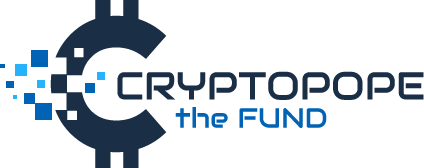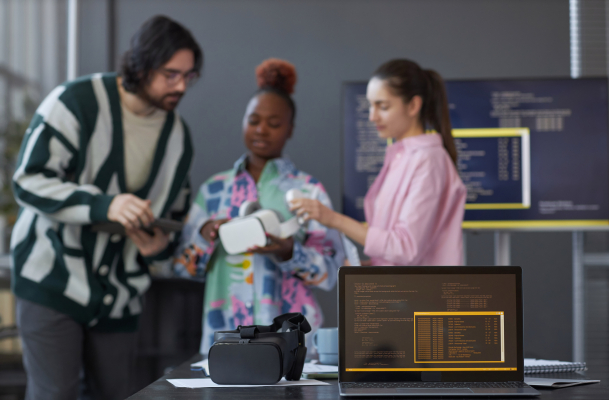Applying cutting-edge technologies: we are proud to have been working with blockchain technologies in 2017. We strive to always innovate and be the first to introduce new innovations to the market.
Innovation hand in hand: at WebOrigo, we like to work with companies that want to drive their industry forward. We believe that an industry expert together with a technology expert can achieve real success
Award-winning implementations, working with global companies: our clients include companies such as Tesco, DLA Piper and Cargill. From family businesses to global corporations and public sector players, we help implement innovative solutions that have won multiple awards, including the Website of the Year Award.
































